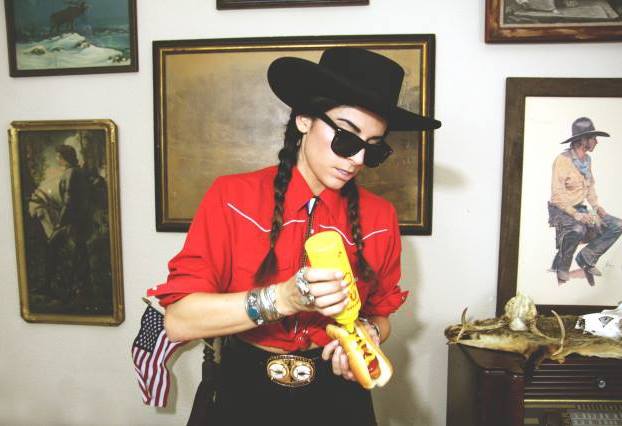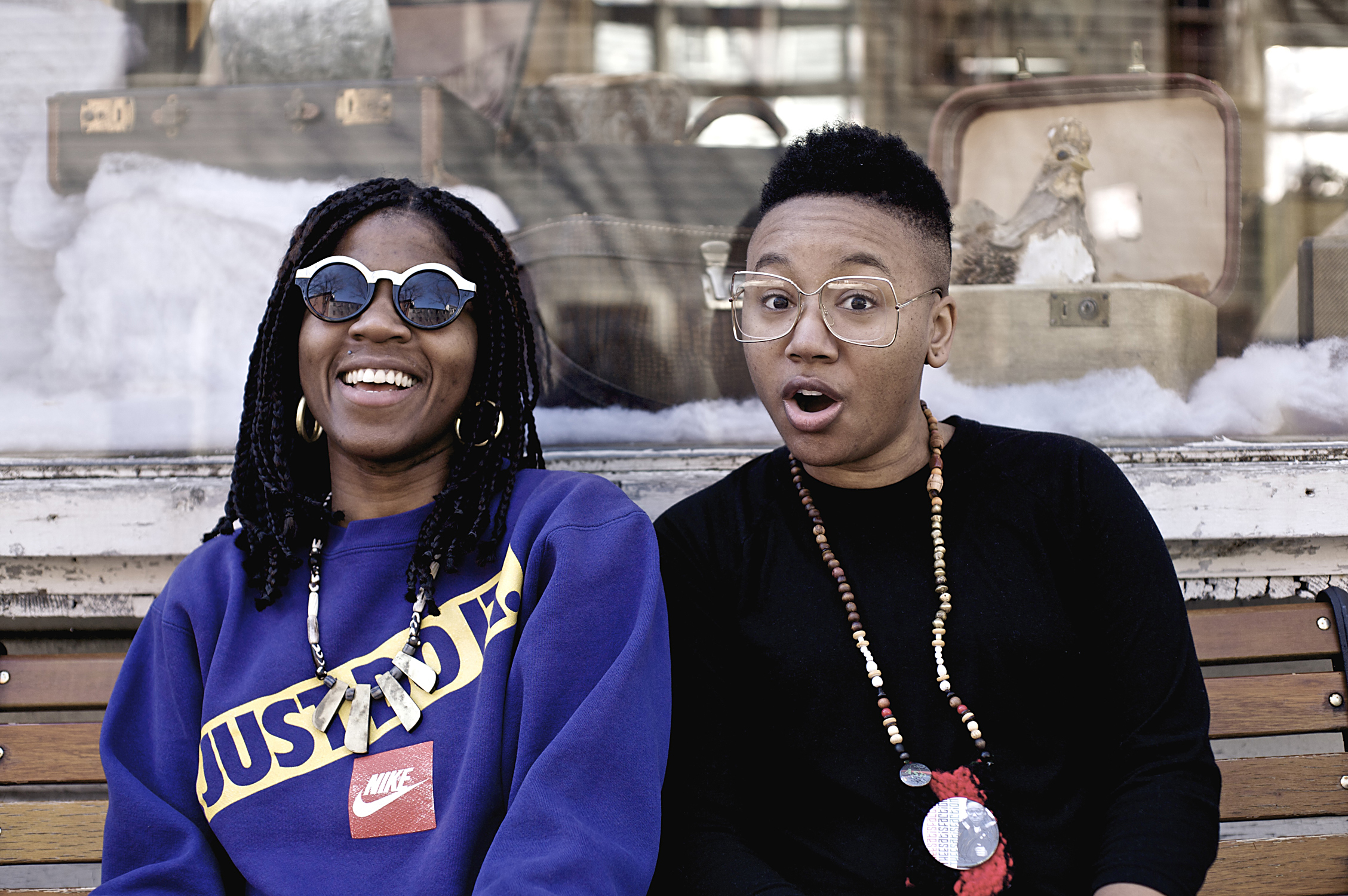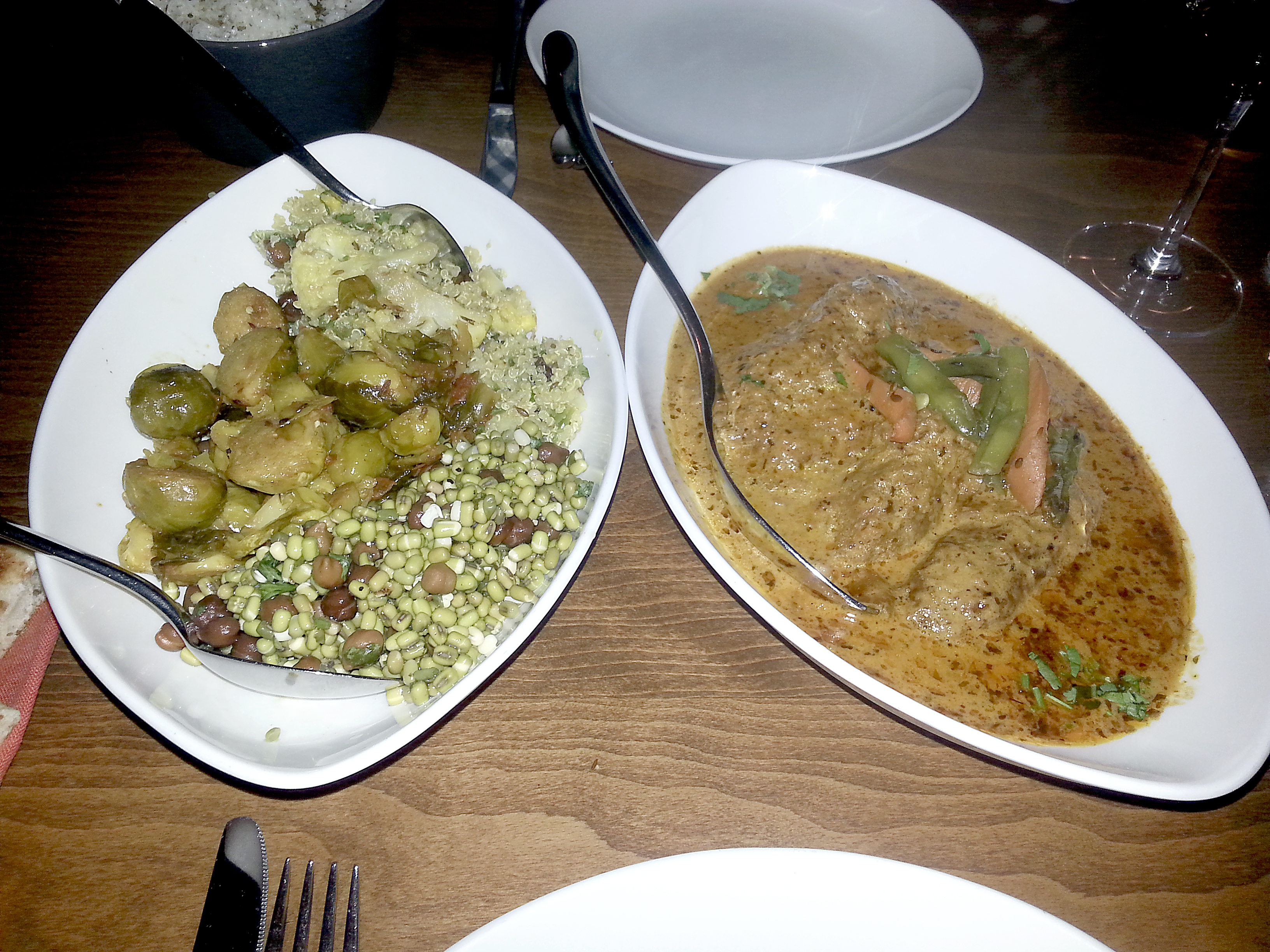Singer/songwriter Mark Pickerel was the original drummer in Seattle grunge band Screaming Trees and is among the 70+ local bands playing SW’s Reverb Festival on Oct. 8. Pickerel plays Conor Byrne at 7:15 p.m.This post is a part of special Reverb Questionnaire series in which we ask local bands to discuss the legacy of the Seattle music explosion of 1991, as well as of the class of 2011.What do you think the legacy of the 1991 grunge explosion is for the Seattle scene?Screaming Trees’ Mark Pickerel: It’s sort of hard for me to be very objective about it, considering I played in a band that was very much part of that whole scene. It’s hard for me to appreciate the lasting effects that it’s had. When I see a Kurt Cobain doll in a Walmart–well, I would never go to a Walmart–or a place like Easy Street records, I have a really hard time understanding how that [the grunge explosion] could have happened. It’s really weird to see an old friend immortalized in an action figure. On the other hand, I can’t think of another person more deserving than someone like Kurt Cobain to be placed in that kind of context. Certainly his music has become as iconic as Jimi Hendrix, Jim Morrison, or John Lennon’s, so I appreciate the fact that the music from that period is still appreciated with the kind of enthusiasm it is. I think it’s as deserving as any music that’s come before it or since then, but it’s also kind of surreal for me to see it continually mass-marketed and promoted year after year amongst all these other, newer forms of music. In Seattle, bands like Nirvana, Mudhoney, Soundgarden–maybe even the Screaming Trees–set some new examples in terms of songwriting, musicianship, and passion for music, but they also set a bizarre and often unobtainable goal for bands who saw the success of groups like Nirvana and Pearl Jam, witnessed how quickly it all happened, and assumed that they could rent a practice space and hopefully in six months would be signing a record contract. I’m thankful for the inspiration that the movement has spawned, but also very aware of some of the misconceptions that were perpetuated out of that. Do you hear influences of that sound in Seattle bands today, or other bands on the scene right now?I guess most music I listen to is older, so I don’t always know. I’ve been so obsessed with garage rock for so long. To me, if I hear a power chord in a new song, I don’t necessarily associate it with the grunge movement. As far as I’m concerned, grunge is really just a word anyway, and a lot of the music that’s considered grunge isn’t really breaking any more ground than Cream or Hendrix or early Led Zeppelin, it was just sort of hard rock performed with a punk-rock approach. As far as I’m concerned, grunge is as old as Black Sabbath, so yeah, I still hear it everywhere all the time, in almost too many bands to mention. How would you say your sound is influenced by that particular garage-rock movement of the early ’90s?When I write, I usually don’t think about the musical inspiration behind my songs. I know that I borrow from everything from roots/dub/reggae to Neil Young to Roky Erickson to David Bowie and Elvis Costello. I don’t think I’m capable of following a specific sound or fitting into a particular movement, I’m not that kind of writer. I have way too many influences to regurgitate any specific sound exclusively. I’ve been such an obsessive music fan since I was so young, and I’ve never been able to pick a certain path and stay on course. I’ve always dabbled in everything. It keeps it interesting for me but it may have also worked against me over the years. People who put on a Mark Pickerel and his Praying Hands CD are going to hear several different genres within six or eight songs. My musical legacy has opened doors for me had I not had my history with the Screaming Trees, or Neko Case, or whoever. I’m very thankful of my history when it’s time to promote something new. How do you describe the Seattle sound today?Well, you can’t. You would have to include so many groups like Death Cab for Cutie and Modest Mouse to Arthur and Yu. In my opinion, there is not a Seattle sound. There’s good music and bad music, and Seattle’s capable of producing both. I love the Moondoggies and Jesse Sykes. Most of the music that I pay close attention to here in Seattle is kind of a dreamier, psychedelic sound that influenced the Screaming Trees and that the Screaming Trees helped perpetuate. I like the Young Evils, Lindsey Fuller, the Tripwires–of course these are groups I’ve played with and still do play with. The artists I continue to play music with truly inspire me, and I’m as big of a fan of the projects I’m associated with as I am of anything else. That’s a Seattle sound in and of itself, with all that member-sharing and all the side projects here and there. That’s a very good point. It’s a very incestuous scene, and I’m glad for it. I love the quality and the caliber of the musicianship here, and not only am I impressed with the talents of the individuals in the city, but my God, what an amazing group of people individually, and the support that everyone lends to each other is truly inspiring. Even something like Reverb Fest is a good example of it; you’re going to see bands rushing from their own set to go watch a co-worker’s set down the street, or a friend or a colleague’s. I’m humbled by the people who I get to play music with and who follow my career. It’s just such a good place to live, and I feel fortunate to exist in this scene for sure. What were you doing on October 8, 1991, when Badmotorfinger was released?I can tell you exactly what I was doing. I had just quit the Screaming Trees. I’d moved back to Ellensburg and opened up a record store that existed for almost 13 years. I know that my store had a midnight sale for Badmotorfinger. I was probably conducting a midnight sale for that record, and I would imagine that same week there was probably like a Dr. Dre release to coincide with it, we’d usually try to promote two or three big releases at the same time for midnight sales. That’s back when there would be lines around the block for a midnight sale. Just like Easy Street records used to do, we’d open the doors at midnight and people could buy the new Nirvana CD the first minute of the release date. It was a lot of fun to see people turn out, who wanted to be the first person in line to buy Nevermind. The second and third Pearl Jam records, I remember we had huge turnouts for those. Anyway, that’s what I was doing, I was running my own record shop in Ellensburg called Rodeo Records and I was playing drums with Truly at the time. We had managed to convince Hiro Yamamoto from Soundgarden to join us on bass for a quick recording session and then he turned into our bass player until this day, and we’re still working together as a band off-and-on. We’re working on a new record actually. Post interview-interview: Pickerel called me back shortly after we hung up and continued his thoughts on Kurt Cobain. “You know, I don’t want to sound too cynical about Cobain’s iconic status,” he said. “I’d much rather see kids these days buy a Kurt Cobain action figure than a George Bush one.” But grunge icons are far from extinct in Seattle. A good handful of them–Mudhoney’s Mark Arm, Pearl Jam’s Eddie Vedder and Stone Gossard, Soundgarden’s Ben Sheppard, and Pickerel himself–are still thriving in Seattle’s music scene today, inextricably linked to the scene and the sound that fostered the start of their careers. I had to ask: If Cobain were alive today, what kind of music would he be playing?
“The last time I talked to him, he talked about wanting to explore all the voices in his head.” Pickerel reflected. “It’s hard to imagine specifically, but I imagine something like Nick Drake meets George Harrison, you can hear those influences in his writing. I would have loved to have heard some singer/songwriter records out of him.” Follow us on Facebook and Twitter.







